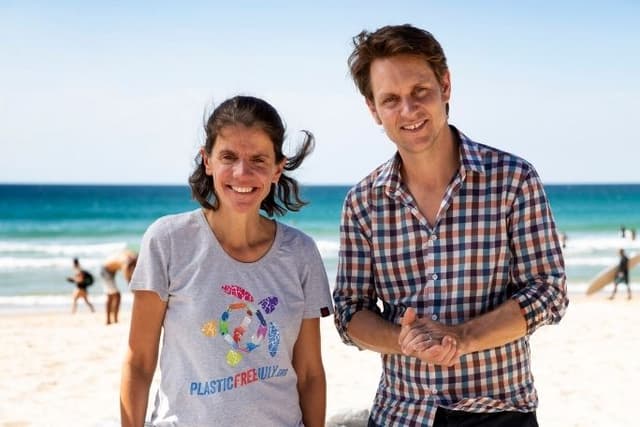
War On Waste - Plastic Waste In Our Ocean
Lesson3 of 7 in this unit
PrimaryFoundationYear 1 - 4ScienceThe ArtsEnvironmentalSustainabilityEconomicDesign Thinking
Summary
Lesson Guides and Printables
Lesson Plan

Student Worksheet

Teacher Content Info


Lesson Plan

Student Worksheet

Teacher Content Info
